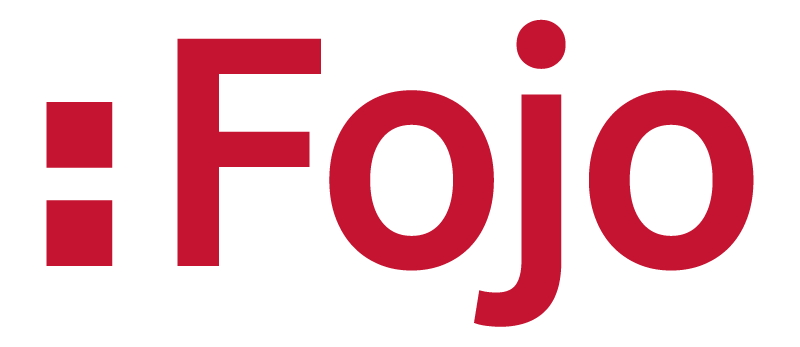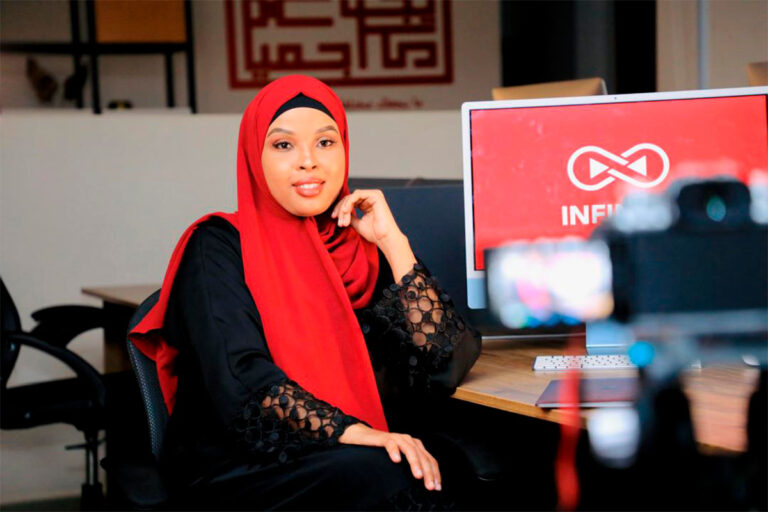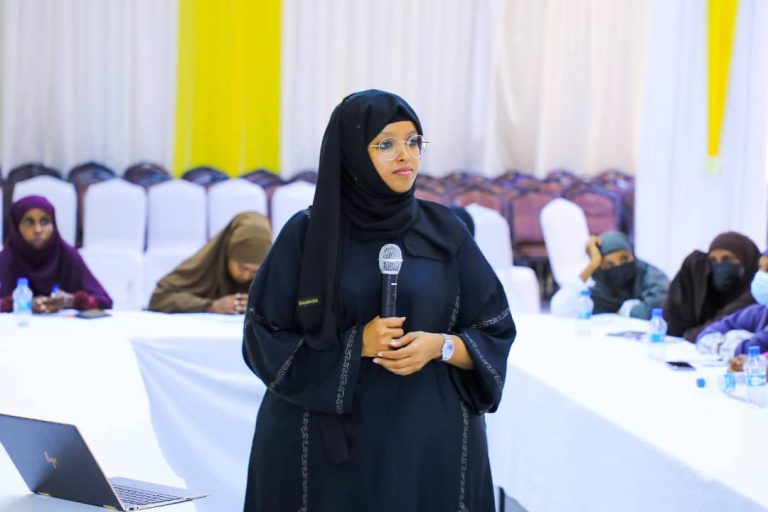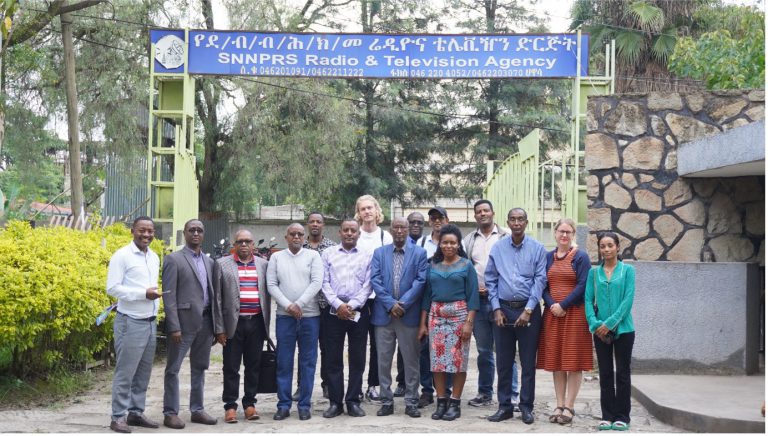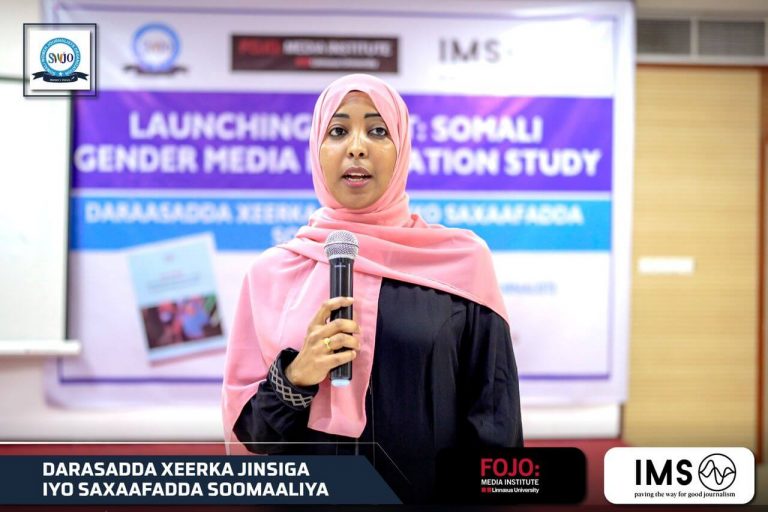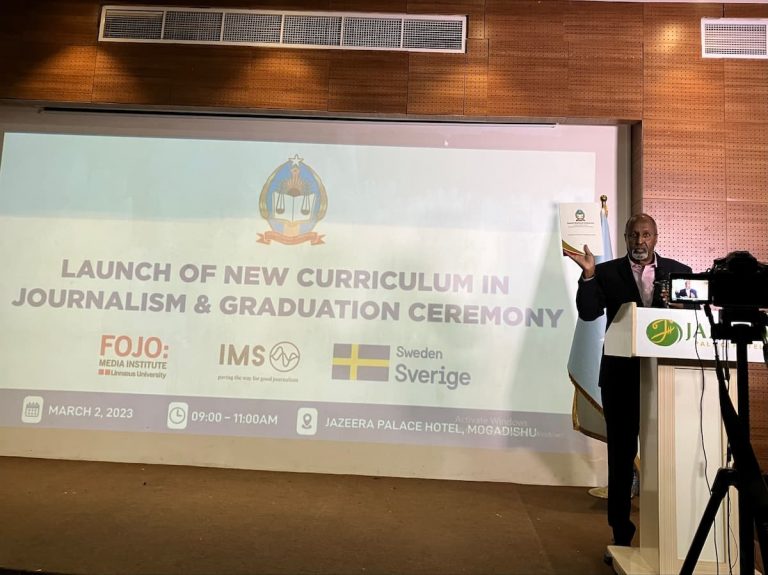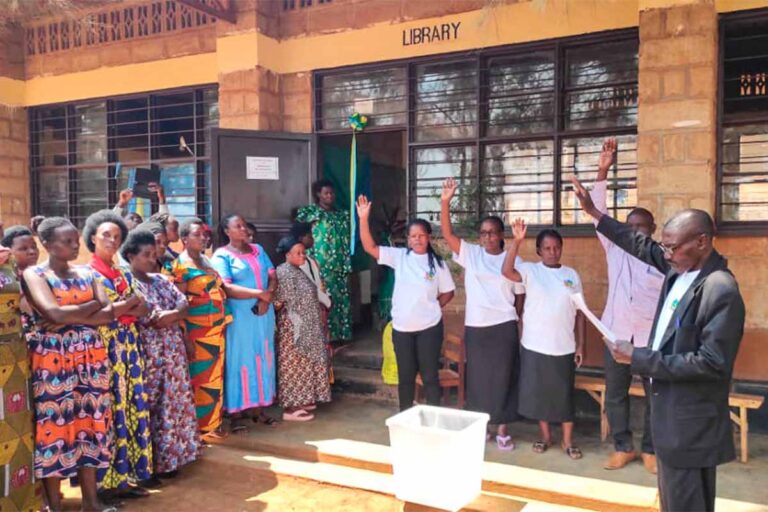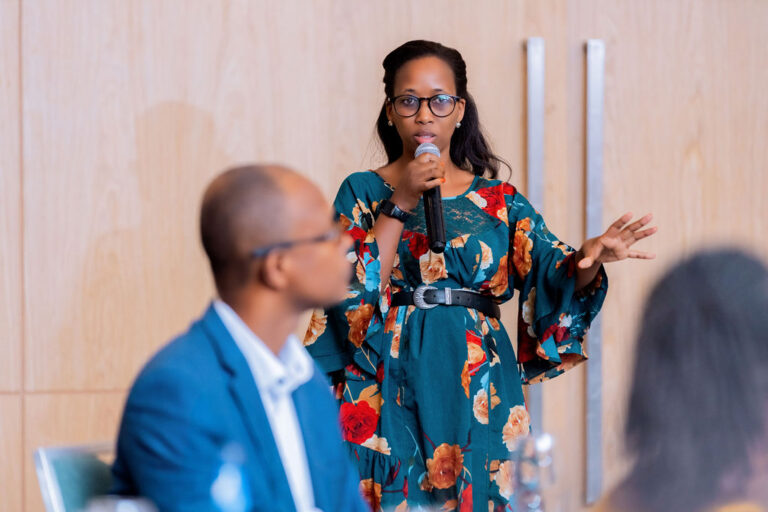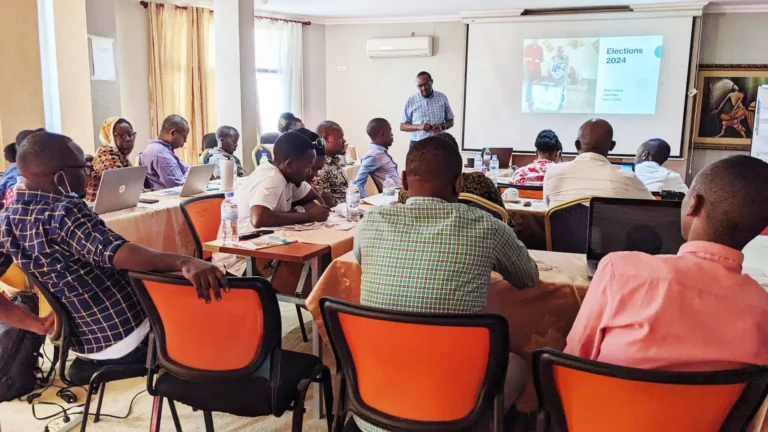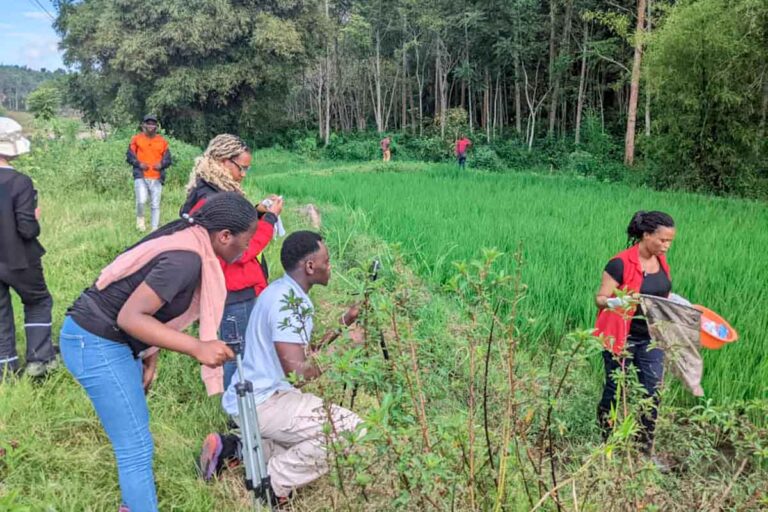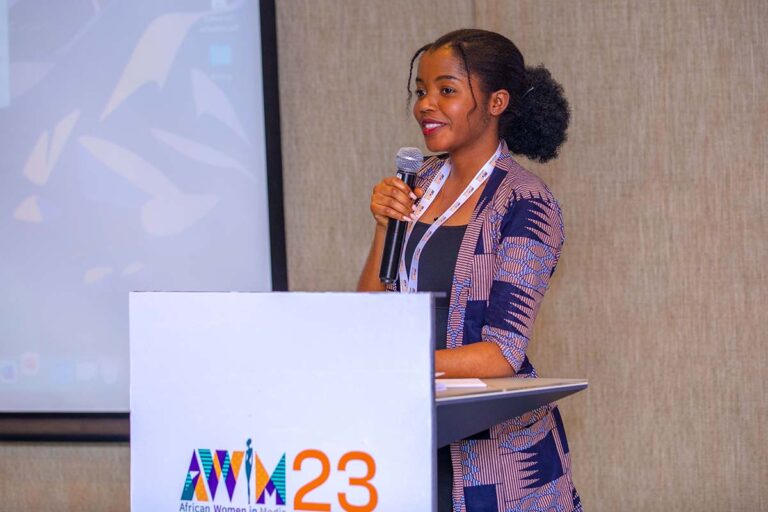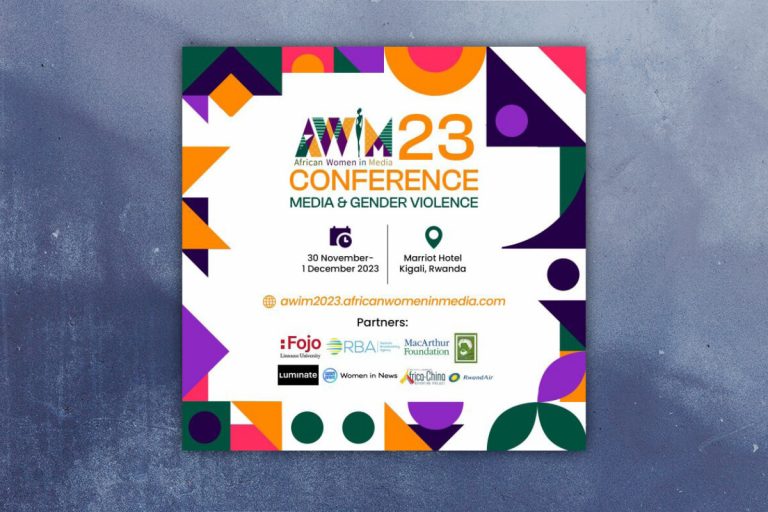Medielandskapet i Somalia präglas av inbördeskrig och osäkerhet, med en mångfald av aktörer och medier som speglar politiska, klan-, affärs- och andra intressen. Redaktionella och tekniska färdigheter är också komprometterade på grund av bristande grundutbildning. Pressfriheten är dessutom på tillbakagång, med ett ökande antal arresteringar av journalister och nedstängningar av mediehus.
Vad vi gör
Fojo har arbetat i Somalia sedan 2014 med att stödja oberoende mediehus, journalistutbildning och ökad jämställdhet i och genom media. I det nuvarande programmet (2024–2025) fokuserar Fojo på journalistutbildning och jämställdhet.
Fojo har ett strategiskt partnerskap med Somalia National University (SNU), landets äldsta universitet och det första som återupprättade en formell journalistutbildning. Det återöppnade sin avdelning för journalistik 2017, efter att ha varit stängd i 26 år på grund av inbördeskrig och osäkerhet.
Sedan återöppningen har SNU – med stöd av Fojo – utvecklat en ny läroplan för en kandidatexamen i journalistik som uppfyller internationella standarder, genomfört utbildningar i mobiljournalistik och infört 1- och 2-åriga diplomkurser för yrkesverksamma journalister, vilket bidrar till professionaliseringen av journalistyrket i Somalia.
Fakta om projektet
Hållbara utvecklingsmål som projektet fokuserar på:



Partners
- Somalia National University (SNU)
- Somali Women Journalists Organization (SWJO)
- Media Women Network (MWN)
Finansiärer
- Sida
Teman
- Journalistutbildning
- Jämlikhet
Team
Carl-Magnus Höglund
Projektledare
Marie Nilsonne
Redovisningsekonom
Sofia Hultqvist
Regionansvarig

